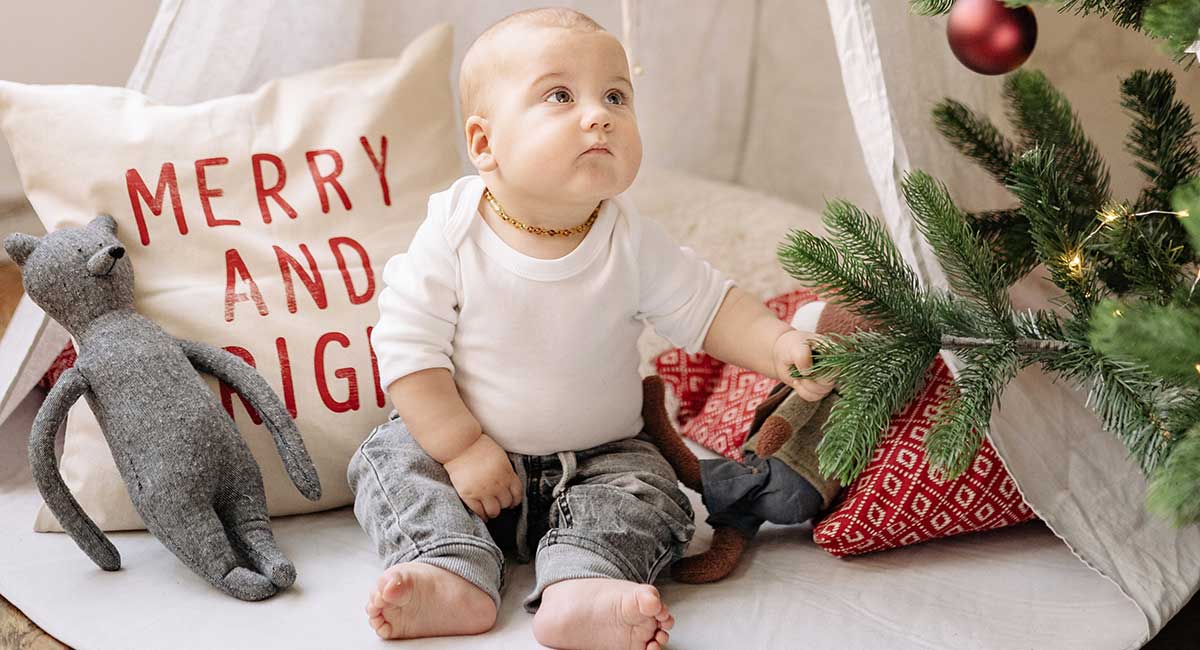Becoming a calm parent involves changing your underlying beliefs about children and parenting. But how can you change your judgement and reactivity to respond more positively when you feel so frustrated with your children that you could scream?
Becoming a calm parent
Recently, a dad and I were discussing children’s ability to emotionally self-regulate. He agreed that young children are still learning about their emotions. He then added, “What about me? I go from neutral to anger in a flash when my child loses it or refuses to do as I ask. How can I change? It’s like I’m freewheeling and need emotional trainer wheels as a parent.”
He’s not the only parent I’ve met in over 35 years of working with parents who have been challenged on this front. They want to be a calm parent, but when in the parenting trenches are frustrated out of their minds.
So what trips your trigger and takes you from calm parent to angry parent?
Usually, reactivity comes from some underlying beliefs, such as expectations about how you think children should behave and how you think you should behave as a parent.
Your first thoughts might be, “I’m not going to let my child get away with this just to get what they want”. Or, “They should show some self-control.”
Peeling back the layers that led to these thoughts, you might believe that children should respect authority. You might also believe that, as a parent, you need to be in control of your child. And if you are not in control, you are a “bad” parent. You might also believe that the only way to get a child to change is to use any one of the following coercive options: threaten, bribe, punish, say 1-2-3, ground them, or give time out. These beliefs arise out of fear and often limited information.
Where does the disconnect happen?
Ultimately, parents everywhere tell me they want their children to grow up to be responsible, respectful adults. And they want to be loving role models to their children. So, the disconnect happens when you don’t know how to achieve this effectively and you rely on outdated, unloving and fear-based methods. These methods serve to alienate your child, place your child in the role of a culprit, and leave them fearful and even dependent on you. They may bring quick ‘results’ but don’t bring productive and lasting change, respectful relationships or intrinsically motivated children.
The combination of your judgmental thoughts and beliefs culminates in your feeling unhappy and then angry. Therefore, to change your intense reactions and feelings to being a calm parent, it makes sense to change your thoughts and beliefs first and then learn new assertive parenting skills. When you decide to change your underlying beliefs about children and about your role as a parent, you can free yourself to choose and use a more loving and helpful response rather than resort to an angry reaction. It is interesting how we accept the essential need to upgrade our skills in the workplace and invest time in studying for our careers yet cling to outdated methods of parenting.
Reframe your thinking
One parent I recently helped decided to change her thinking from, “My child is such a pain. I’m always yelling at her” to “My child is learning to manage her emotions. I role model empathy and guide her assertively.”
But that’s not all.
This same parent started to use the ABCC approach when she felt anger rising. She Acknowledged her anger and it began to subside, she Breathed deeply and reaffirmed her new beliefs about children and parenting. Then, she asked herself and visualised what she most wanted—harm or helping. And she said to herself, “I choose love, not fear”. This pause gave her time to be Curious about the needs of her daughter and her own needs as a parent. Next, she made a Choice to use effective assertive parenting skills. Sometimes she forgot and the anger surfaced before she took a pause. At those times she apologised and proceeded with ABCC.
What about you?
What judgmental beliefs about your child and your parenting role might you change today? State them in a positive way and what you want to happen.
Write them down (this helps form new pathways in the brain). Pin them up, and say them frequently to replace the old ones.
Be kind on yourself. It takes 30 days of making mistakes and practising to change a habit! You can be a calm parent!
By Kathryn Tonges is an international and national parenting educator, coach and author. Her passion is helping parents build more peaceful and loving relationships. She teaches the internationally recognised, skills-based, time-tested and proven Parent Effectiveness Training course on the Sunshine Coast and in Brisbane. She is a National Trainer for the Effectiveness Training Institute of Australia, and as State Executive Officer for Queensland, she connects parents with other P.E.T. instructors in their area. You can find more about her courses at: www.theparentwithin.com
Related Stories
Balancing the busyness – parenting support from Parentline
5 parenting quotes for raising an everyday hero
Let’s be honest, parenting is HARD! Especially when you do it right!







